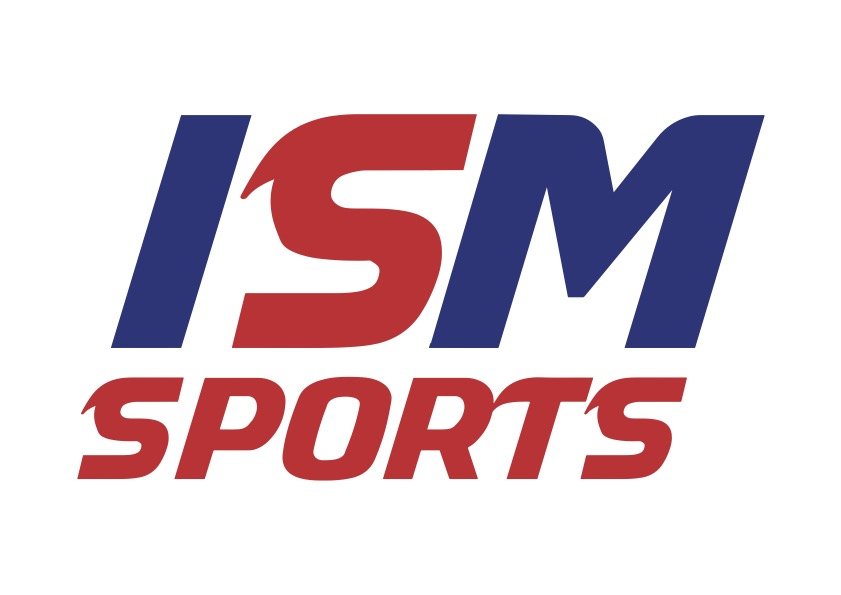The Science of Skill Development in Young Athletes: How Kids Learn & Improve in Sports
Introduction: Why Skill Development Matters in Youth Sports
Every great athlete starts as a beginner, but what separates good players from great ones? The answer lies in skill development and the right training methods.
Parents often wonder, "How can my child improve in sports?" Whether it’s football, basketball, gymnastics, or tennis, the process of skill development is based on science-backed principles like muscle memory, repetition, neuroplasticity, and structured coaching.
1. The Science of Learning a New Skill in Sports
Skill development in sports follows a three-stage learning process that applies to every young athlete, from beginners to elite performers.
Stage 1: The Cognitive Phase (Understanding the Skill)
✔ Athletes observe and analyze the movement.
✔ Requires conscious effort and focus to execute correctly.
✔ High chance of errors but also rapid improvement.
Example: A beginner footballer learning to dribble might struggle with ball control initially but improves with guided practice.
Stage 2: The Associative Phase (Refining the Skill)
✔ The skill becomes smoother and more coordinated.
✔ Fewer mistakes, but corrections are still needed.
✔ Coaching feedback is critical for refining technique.
Example: A young gymnast learning a handstand might start holding the position for longer with improved balance and core strength.
Stage 3: The Autonomous Phase (Mastering the Skill)
✔ The movement becomes automatic and effortless.
✔ Less conscious thinking—muscle memory takes over.
✔ Athletes react faster and perform under pressure.
Example: A basketball player no longer thinks about shooting technique—their body instinctively knows what to do in a game situation.
Fact: Research from the Journal of Sports Science shows that it takes at least 10,000 hours of deliberate practice to achieve mastery in a sport.
2. How Muscle Memory Helps Young Athletes Improve Faster
When kids repeat a movement over and over, their brain and nervous system create stronger connections, allowing them to perform the skill automatically.
How to Build Muscle Memory in Sports:
High Repetition with Correct Form – The more times an athlete practices correctly, the faster they improve.
Progressive Overload – Start with simple movements, then increase speed and difficulty over time.
Visual & Mental Training – Watching videos of professionals helps young athletes mimic correct techniques.
Did You Know? Top athletes use mental visualization techniques to improve muscle memory even when they’re not physically training.
3. The Role of Neuroplasticity in Sports Learning
Neuroplasticity is the brain’s ability to rewire itself through training. The more a child practices a skill, the stronger and faster their neural connections become.
How Neuroplasticity Helps in Sports:
✔ Young athletes adapt quicker to new skills than adults.
✔ Regular training strengthens brain-muscle communication.
✔ The brain remembers movement patterns, improving performance under pressure.
Example: A tennis player training for a stronger backhand must repeat the stroke daily to strengthen neural pathways for better accuracy and power.
Parental Tip: Encouraging kids to train in multiple sports can enhance overall athletic ability by developing diverse movement skills.
4. How Professional Coaching Helps in Skill Development
A structured coaching program ensures that young athletes develop skills efficiently and avoid bad habits.
Key Components of a Strong Coaching Program:
Corrective Feedback – Coaches identify mistakes early and help kids refine their technique.
Sport-Specific Drills – Customized training that targets key skills for football, basketball, gymnastics, etc.
Game-Like Scenarios – Applying learned skills in real match situations improves reaction time.
📍 Top Sports Academies in Dubai & Abu Dhabi for Skill Development:
ISM Sports Academy – Offers scientific training programs tailored to youth athletes.
Zayed Sports City Academy – Specializes in multi-sport skill development.
Abu Dhabi Cricket & Sports Hub – Focuses on high-performance training for various sports.
Looking for expert coaching? Enroll in ISM Sports Academy today!
5. How to Accelerate Skill Development in Young Athletes
Young athletes can improve faster and more efficiently by following these science-backed techniques:
Best Practices for Faster Skill Improvement:
✔ Break Down Complex Movements – Focus on small, individual parts of a skill before putting everything together.
✔ Train in Short, Intense Sessions – Studies show that shorter, high-quality practice sessions yield better results than long, repetitive ones.
✔ Use Video Analysis – Watching recorded gameplay helps athletes correct mistakes and adjust strategy.
✔ Cross-Train in Different Sports – Playing multiple sports helps build overall athleticism.
Example: Many top footballers, like Cristiano Ronaldo, trained in both football and track sprinting to improve agility and speed on the field.
6. How Parents Can Support Their Child’s Sports Training
Parental involvement is crucial in helping kids stay motivated and progress in sports.
What Parents Can Do to Help:
✔ Encourage Consistent Training – Ensure kids attend practice regularly.
✔ Celebrate Small Improvements – Focus on progress, not just winning.
✔ Support a Growth Mindset – Teach kids that failure is part of learning.
✔ Provide Proper Nutrition & Recovery – A balanced diet and rest days are essential for skill retention.
Did You Know? Young athletes who receive strong parental support are more likely to continue sports into adulthood.
Conclusion: Helping Kids Reach Their Full Athletic Potential
Skill development is a science - not just about talent but about consistent practice, smart training, and the right coaching. By understanding muscle memory, neuroplasticity, and structured learning, young athletes can improve faster, gain confidence, and succeed in sports.
Parents and coaches play a vital role in guiding children through this process, ensuring they train effectively and enjoy their sports journey.

